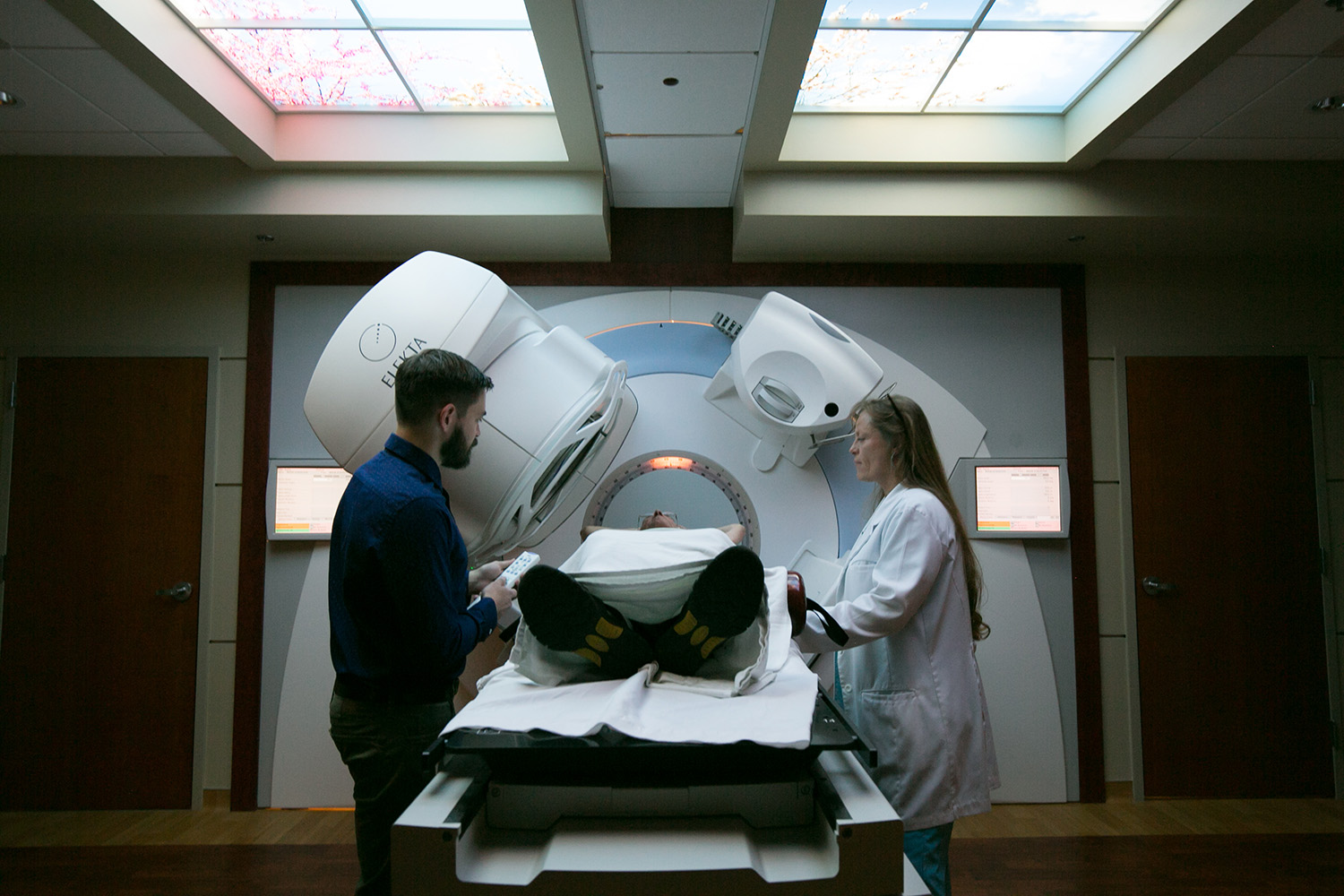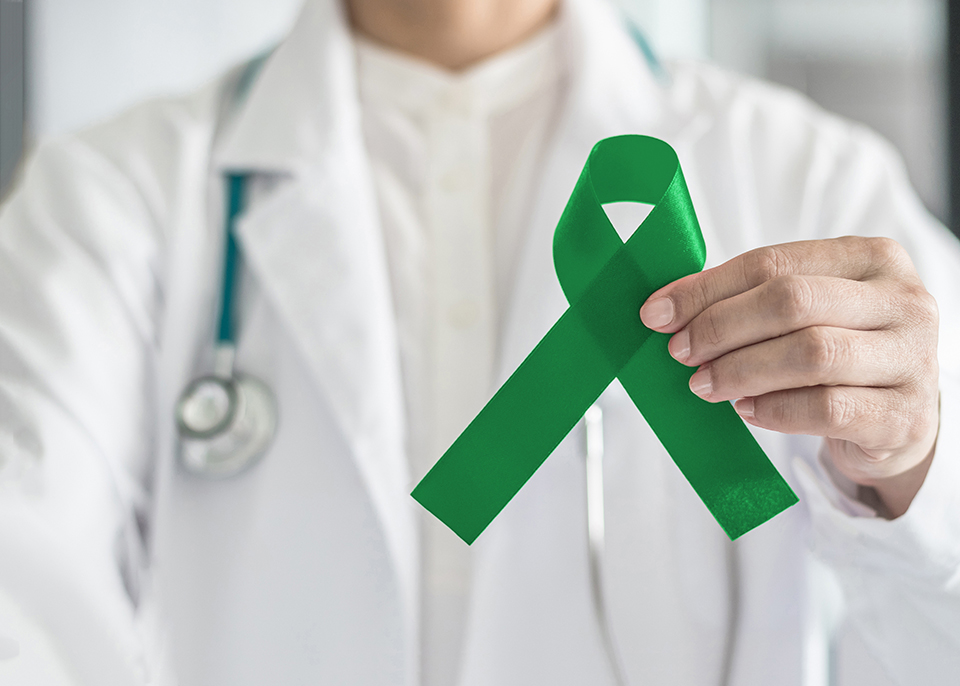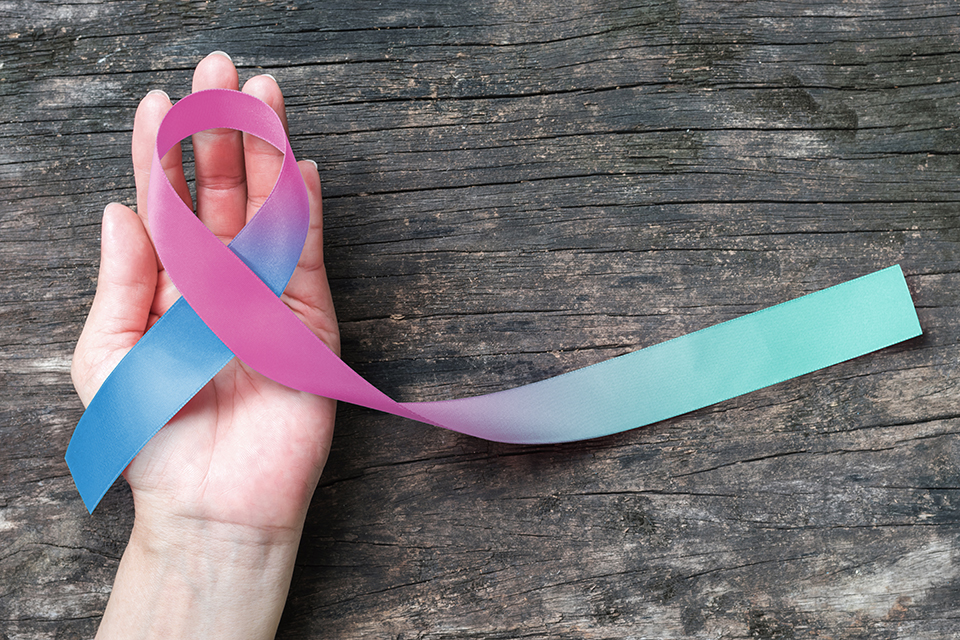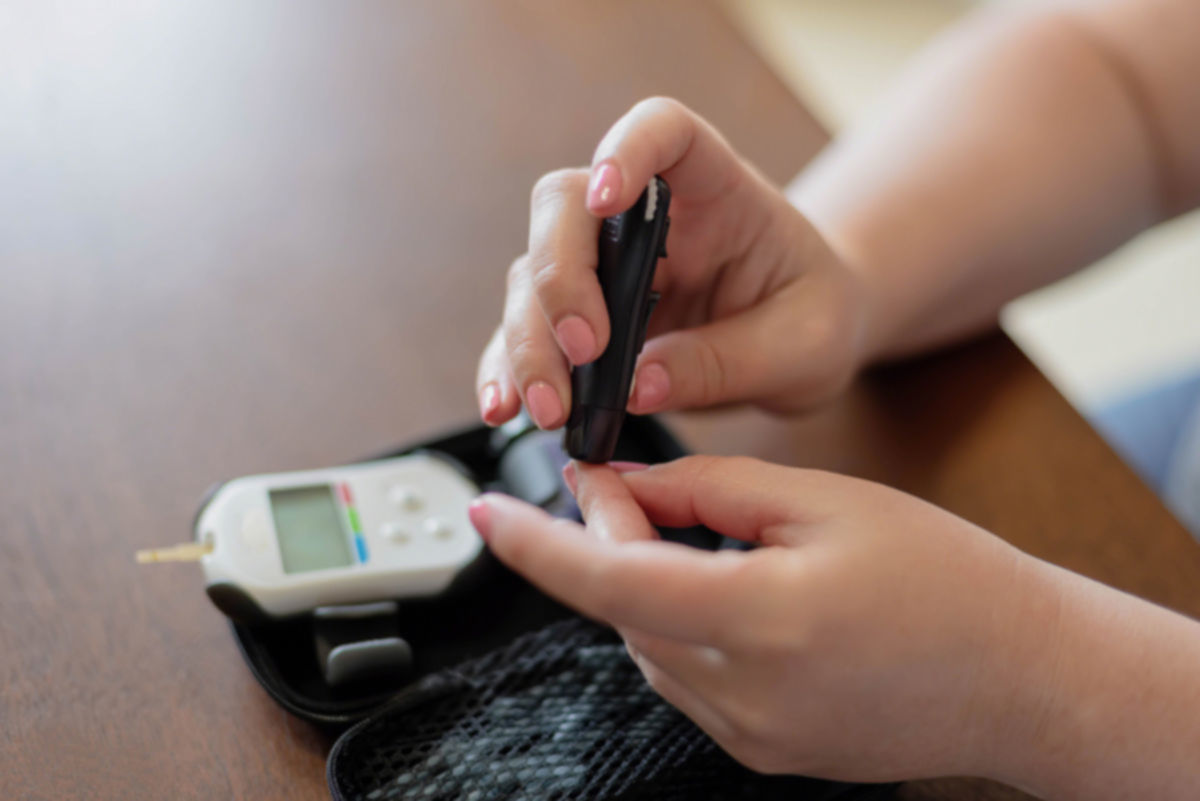14 Apr SHOULD I RECEIVE TREATMENT DURING COVID-19?
A cancer diagnosis is life-changing; treatment suppresses the immune system which can make patients more vulnerable to infections. With the current pandemic, COVID-19, many are asking if they should start or continue cancer treatment. COVID-19 risks are evaluated on a case by case basis. If a...








